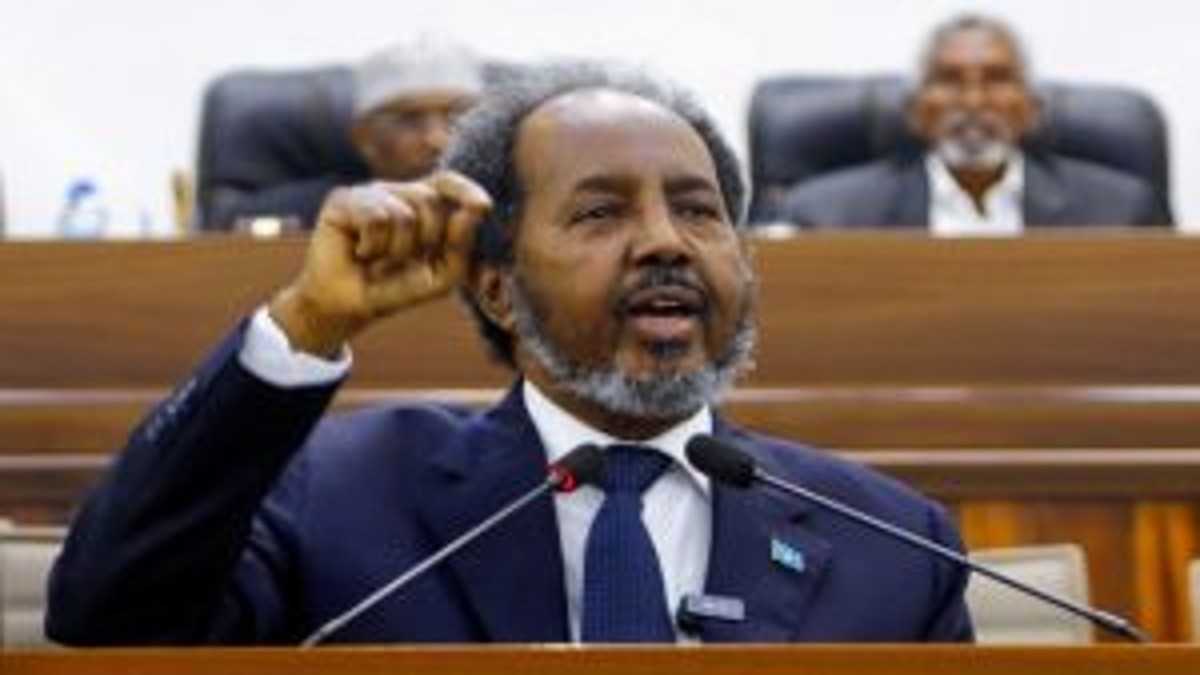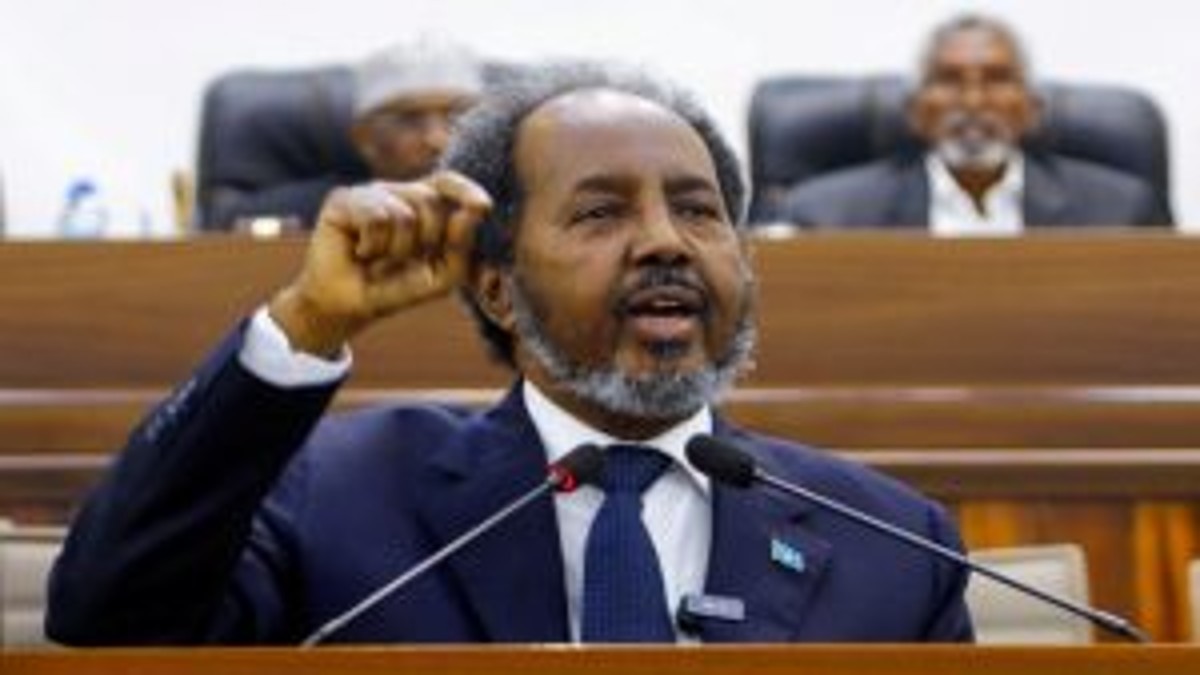In November 2020, when war broke out between the Ethiopian government and the Tigrayan People’s Liberation Front (TPLF), a rebel group from Ethiopia’s northern Tigray region, it was expected to be a swift operation. Indeed, Ethiopian government forces, helped by neighbouring Eritrean troops, captured the whole Tigray region, including the rebel capital Mekelle within a month. However, looking back, it was just the beginning of a long metastasising war as Ethiopia continues to be at war with itself, and the situation is deteriorating every passing day.
As the battle between the two sides continued, in October 2021, as per different UN reports, the war left more than 400,000 people in the Tigray region starving, and many children died of malnutrition. Government forces have also been accused of blocking aid from reaching the Tigray region. There have also been reports of ethnic cleansing against the TPLF supporters in the Western Tigray region.
The reasons behind the war
Located in the Horn of Africa, Ethiopia is a multi-ethnic country in Africa, consisting of more than 90 ethnic groups and 80 languages. The two major ethnic groups are the Oromo and the Amhara, which comprise 60 per cent of the population. Tigrayans are the third largest and constitute seven per cent. TPLF was born in the mid-seventies to fight for the right of the Tigrayan people. Conceptualised as a small militia group working toward the betterment of Tigrayans, the TPLF became the most powerful rebel group and toppled the Marxist Military dictatorship of Mengistu Haile Mariam in 1991. Thereupon, the rebel groups ruled the country in the coalition, with the TPLF as the leading party. During the three decades of TPLF rule, Ethiopia saw decent economic growth and emerged as a stable country in the volatile, violence-prone Horn of Africa region.
In 2018, public protests against the TPLF-led coalition government brought the present Prime Minister Abiy Ahmed to power. Though a former member of the TPLF coalition government, from the moment Abiy came to power, he started alienating the TPLF members in the government by stripping off the power and authorities of Tigrayans.
Eventually, in 2019 Abiy formed a new party called the Prosperity Party, which had all the previous rebel allies except the TPLF. He also tried to end the potentially divisive old arrangement where each province enjoyed constitutionally granted autonomy in a decentralised political system and had the right to secede. While Abiy’s apparent motive behind altering the Constitution was national unity and integrity, his attempt to consolidate power irked the TPLF.
All hell broke loose in early 2020 when due to the covid pandemic, the government decided to postpone the general election till June 2021. TPLF rejected this move as unconstitutional and, despite the continuing pandemic, decided to hold a separate election in the Tigray region in September 2020. Predictably, TPLF won the election with a landslide. However, the central government refused to recognise the result.
As a protest against the actions of Abiy, in November 2020, TPLF attacked and took over one federal military base, resulting in several deaths, injuries and property damage. This was immediately followed by Abiy’s call for war. Later, in January 2021, he decided to remove the legal party status of TPLF, and in May, he labelled the group as a terrorist organisation. The national election in the rest of Ethiopia finally took place in July 2021, when Abiy returned to power with an overwhelming majority. And now, given their fates in two separate elections, both sides consider themselves legitimate rulers of the Ethiopian people.
In the past, considerable international efforts toward a peace talk between the parties failed to produce any result. Neither of the sides showed any remote interest in discussions. For Abiy Ahmed, peace talks would have meant his negotiated exit towards a peaceful transition, which he didn’t want to accept.
***
. Also Read
Why Ethiopia is dealing with deadly, ’extremely brutal’ civil war***
In this war in Ethiopia, those in favour of Abiy argue that the latter’s policies are pan-Ethiopian, and working towards attaining a more unitarian state. On the other hand, rebels’ supporters argue that the centralisation of power will curtail the autonomy of ethnic-nationalist forces and, therefore, are fighting for a federal order.
India’s engagement in Ethiopia
From India’s perspective, the stability of Ethiopia is primordial as India shares a strong bond with Ethiopia. Several high-profile bilateral visits, including the visit of the President of India in 2017, reiterate the importance of the relationship. Ethiopia receives the maximum Line of Credit (LoC) among African countries from India. Ethiopia also hosts a high number of Indian diasporas. Given India’s relationship with Ethiopia and its role in countering terrorism and Islamist extremism in the region as well as at the continental level, preventing the downfall of Ethiopia should be considered India’s national security issue.
As a matter of fact, the relationship between India and Ethiopia precedes the European Christian explorers. Evidence shows that Indian merchants started trading with the erstwhile Kingdom of Axum (Aksum), using monsoon winds about 2,000 years ago. The trade and cultural ties have fluctuated over the centuries but have been sustained. In 1950, Ethiopia was the first African country to open an Embassy in India.
India-Africa Forum Summit (IAFS) has been a flagship event of the Indian government to engage with Africa, and Ethiopia hosted the second edition of IAFS in 2011. That was also when an Indian Prime Minister visited Ethiopia. Ethiopia is a member of the International Solar Alliance (ISA) and one of its first signatories. Most recently, former Indian president Ram Nath Kovind visited Ethiopia in 2017, emphasising the strategic importance of the country.
Currently, there are approximately 604 active Indian companies in Ethiopia with an investment ranging up to $5 billion and employing about 75,000 Ethiopian nationals in various sectors such as agriculture and floriculture, engineering, plastics, manufacturing, cotton and textiles, water management, consultancy and ICT, education, pharmaceuticals, and healthcare. There is a lot of scope for further improvement, particularly in the digital economy, tourism, science and technology, human resource development, and agroindustry. The significance of the current relationship can be understood by the fact that despite the Covid-19 pandemic, there were 35 new investments from Indian companies in the past year. Ethiopia is also the largest recipient of India’s LoC (Line of Credit) in Africa.
In the education sector also, India and Ethiopia share a very cordial relationship. In July 2007, the two countries signed an Educational Exchange Programme, and as part of the programme, there has been a regular exchange of students. Ethiopia is a major partner country for India under the India Technical & Economic Cooperation (ITEC) programme. Till 2016, over 2,142 Ethiopian students had been trained in India under the ITEC programme in various fields. There are also cultural exchange programmes that ensure active cultural contact. Although the exact figure of the Indian community residing in Ethiopia is not available, it is estimated to be between 5,000-6,000, out of which 2,000-2,500 are Indian academics working in different universities and higher educational institutes.
Owing to its geographical location Ethiopia can become the strategic linchpin of the Horn of Africa for India. At different multilateral forums, Ethiopia has supported India on various issues, including Kashmir and the United Nations Security Council (UNSC) expansion. The current relationship between India with Ethiopia is robust. As a matter of fact, during the past three decades, when the TPLF led the country, India successfully worked on many issues in cooperation with the TPLF government.
With its significant influence over both sides of the aisle, India could try to coax the leaders to sit for a peaceful discussion. Indeed, during the last UNSC meeting on Ethiopia, India urged both sides to exercise control, but India can actually do more. India should be more assertive and play an active role in helping the conflicting political factions to navigate towards a political settlement peacefully. And if that doesn’t work, India could join hands with the other Western and African countries to prevent Africa’s second-most-populous country from going the way of Yugoslavia.
The author is Research Associate with the Vivekananda International Foundation. The views expressed are personal.
Read all the Latest News , Trending News , Cricket News , Bollywood News , India News and Entertainment News here. Follow us on Facebook , Twitter and Instagram .


)




)
)
)
)
)
)
)
)